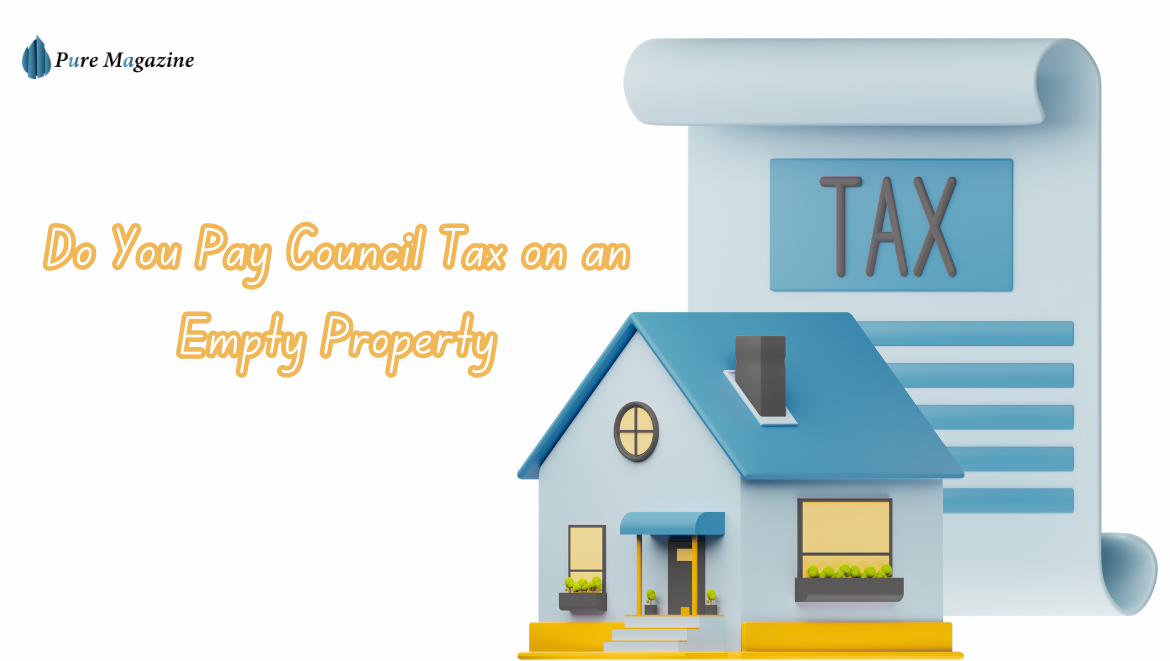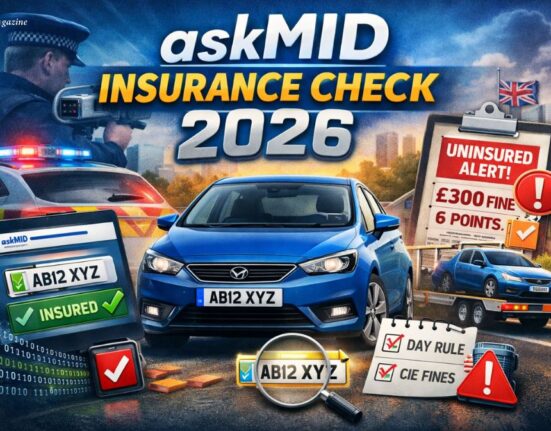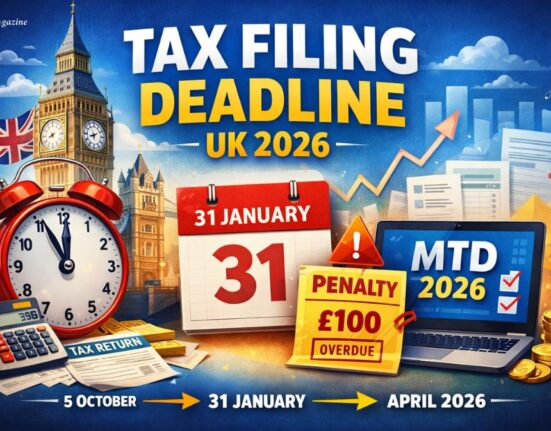Ever had one of those moments where life throws you a curveball? You finally inherit your parents’ house, or you’re fixing up a flat before moving in. Nobody’s living there, the curtains are drawn, the place feels frozen in time… then bang—a council tax bill lands on your doormat.
The first thought is usually:
“Hang on—why am I paying council tax when the place is empty?”
You’re not alone. Thousands of homeowners ask the same thing every year. The truth? Most of the time, yes—you still pay. But the rules aren’t always black and white, and depending on your situation, you might qualify for discounts or even full exemptions.
Let’s break it down so you know exactly what to expect before the council comes knocking.
What Counts as an “Empty Property” Anyway?
When councils talk about “empty properties,” they don’t just mean a house nobody’s living in. There are categories—and the details matter.
- Unfurnished homes: Stripped bear with no sofa, no bed, no white goods. Councils sometimes give a short grace period here.
- Second homes: That seaside flat you only visit on holidays? Not empty, but you’ll still pay.
- On the market: Even if you’re desperate to sell, the property stays on the council tax list until it changes hands.
That answers a common search: “Do you pay council tax on an empty unfurnished property?” Yes, unless your council offers a temporary discount.
The Big Question: Do You Pay Council Tax on an Empty Property in the UK?
For most people, the answer is a simple but painful yes.
Council tax is charged whether you’re living there or not. Why? Because councils see every property as needing to “do its bit” for local services—bins, fire brigades, schools—even if nobody’s living inside.
That’s why people often Google: “Why do I have to pay council tax on an empty property?”
And while it feels unfair, the short answer is: it’s designed to stop homes from sitting vacant for years.
When Empty Homes Don’t Pay the Full Whack
The good news? There are situations where you don’t get hit with the full bill—or any bill at all.
- When someone dies:
If the owner has passed away, the property is usually exempt until probate is granted. After probate, liability passes to whoever inherits it.- That covers: “Do you pay council tax on an empty property when someone dies?” → No, not during probate.
- Probate grace period:
Some councils even give families extra breathing room after probate, but eventually, the tax clock starts ticking again. - Renovations:
If the house is genuinely uninhabitable (we’re talking no roof, structural damage, not just a new kitchen), you can sometimes get an exemption.- So: “Do you have to pay council tax when renovating a property?” Only if it’s major works will you catch a break.
- Owner circumstances:
If the owner has moved into a care home, a hospital, or is living in armed forces accommodation, many councils offer exemptions.
The key? Exemptions and discounts aren’t automatic. You have to apply, and every local authority has its own rules.
How Long Can a House Be Empty Without Paying?
This is where things get tricky.
- Some councils let you off for 6 months if the place is unfurnished.
- Others stretch it to 12 months.
- After that? You’re back to full council tax—and in many cases, even more.
So, to answer the direct query: “How long can a house be empty without paying council tax?”
At best, 6–12 months. After that, the bill starts biting.
The Empty Property Premium: When Bills Double (or Triple)
Think leaving the place empty saves money? Think again. Councils can slap on what’s called an empty property premium.
Here’s how it usually works:
- Empty for 2 years → up to 100% extra (that’s double council tax).
- Empty for 5 years → Some councils charge a 200% premium.
- Empty for 10+ years → the bill can triple.
That answers another biggie: “Do you pay double council tax on an empty property?”
Yes—if it’s left long enough.
Councils use this as a stick to stop “ghost homes” gathering dust while housing demand keeps climbing.
Properties for Sale and Mid-Renovation
One of the most frustrating rules? Even if you’re trying to sell, the council won’t pause your bill.
“Do you pay council tax on an empty property for sale?”
Yes, until the day the contracts are exchanged. No exceptions.
Renovations are similar. If you’re just redecorating or upgrading, you’re liable. Only full-blown structural works (like knocking the place down to bare walls) might qualify you for a break.
Second Homes & Holiday properties
Don’t confuse empty with “second home.” If you’ve got a flat or cottage you only use occasionally:
- You’ll still pay full council tax.
- Some councils even charge a second home premium.
- Holiday lets may be treated differently if you’re renting them out commercially (which can also affect capital gains tax).
England vs Scotland vs Wales: Not All the Same
Here’s where it gets messy—because the rules aren’t uniform across the UK.
- England: Councils decide their own exemptions and premiums.
- Scotland: Tougher stance—higher premiums on empty and second homes.
- So: “Do you pay council tax on an empty property in Scotland?” → Yes, and expect stricter charges than in England.
- Wales: The harshest. Councils can charge up to 300% premium on empty properties.
Where you live can make a huge difference to your final bill.
Practical Tips to Keep Costs Down
If you’ve got an empty home, here’s what you can actually do:
- Check your local council’s website—rules vary street by street.
- Apply for exemptions—nothing’s automatic.
- Keep proof—photos of unfurnished rooms, letters about repairs, probate paperwork.
- Plan ahead—if the property’s going to be empty long-term, budget for premiums.
FAQs
Q1. Do you pay Council Tax on an empty property in the UK?
Yes, unless your council grants an exemption or discount.
Q2. Do you pay Council Tax on an empty property after someone dies?
No, during probate, but charges restart once probate ends.
Q3. How long can a house stay empty without paying Council Tax?
Usually 6–12 months, depending on your council’s policy.
Q4. Do you pay double Council Tax on long-term empty homes?
Yes, many councils charge a premium if it’s empty for 2+ years.
Q5. Do you have to pay Council Tax when renovating or selling a property?
Yes, unless the council deems it structurally uninhabitable.
Final Thoughts: Don’t Get Caught Out
An empty property can feel like it’s in limbo—no one living there, no one turning on the heating, no bins to take out. But the council doesn’t see it that way. To them, it’s still a property that has to contribute.
So whether you’re renovating, selling, or dealing with probate, the safest move is to know the rules up front. That way you won’t get stung with an unexpected bill—or worse, double or triple charges down the line.
At the end of the day, leaving a home empty isn’t just about lost rent or a quiet street. It comes with a price tag. And the more you know, the less painful it’ll be when that envelope arrives.
Visit: Pure Magazine








